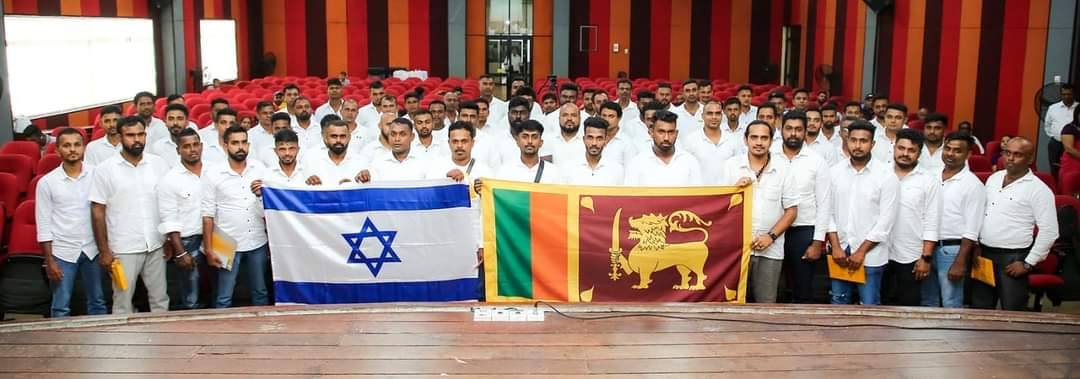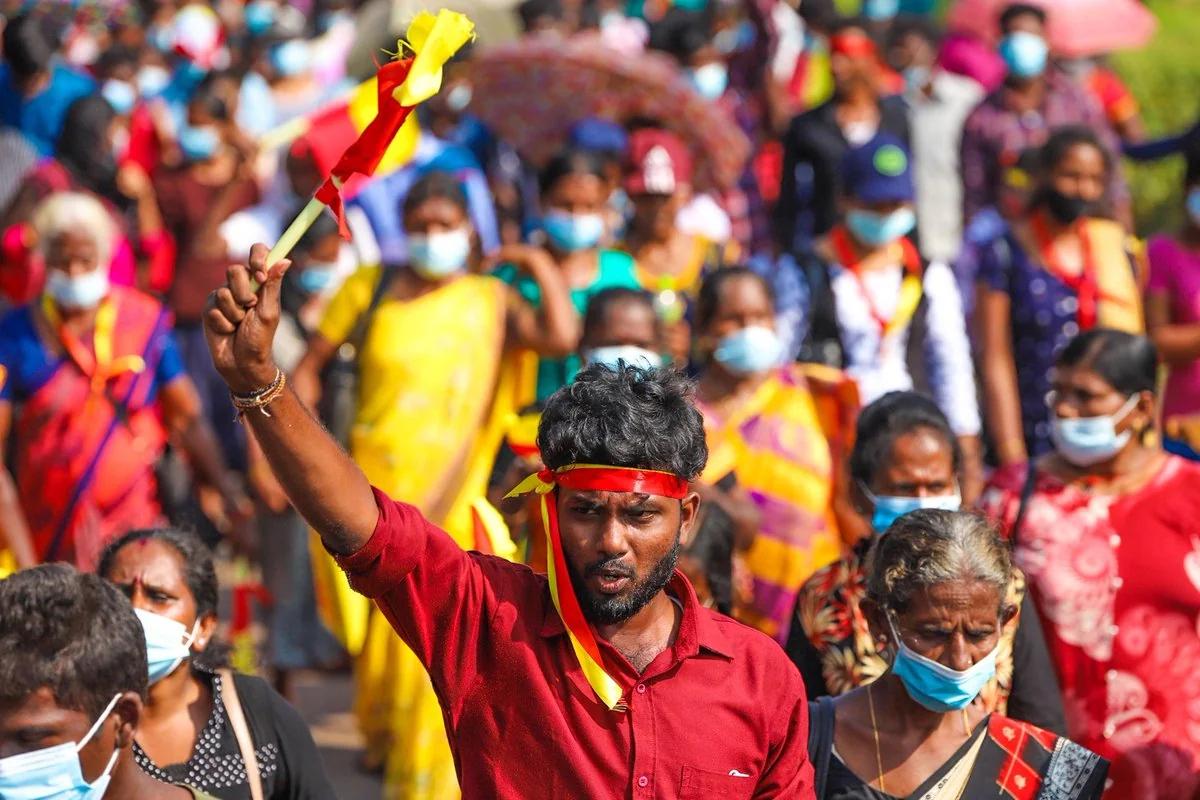
Sri Lanka’s so-called “political earthquake” saw the election of a president from outside the traditional political elites for the first time. Anura Kumara Dissanayake’s election, while an obvious upset and challenge to the ruling elite, promises to maintain some of the more embedded, structural problems of the Sri Lankan state. The Tamil people’s scepticism of his party is apparent in the voting pattern in the North-East, as they largely voted for the Samagi Jana Balawegaya’s (SJB) Sajith Premadasa and the civil society-backed independent candidate Ariyanethiran Pakkiyaselvam. Both candidates were backed by political elites in the Tamil polity around the Ilankai Arasu Tamil Katchi (ITAK), the Democratic Tamil National Alliance (DTNA) and the Tamil Makkal Kootani (TMK), amidst bitter infighting between these former alliance partners. Muslims there also largely backed Premadasa, indicating that the North-East overall had no appetite to experiment with an unproven leader from a party with a chauvinist and violent history. However, some of Dissanayake’s moves since the elections, especially those aimed at reducing corruption, have garnered him some support, even amongst a usually cynical Tamil electorate. The bar after all is low – Tamil representatives are not able and Sinhala representatives are not willing to address deep-rooted issues.
A Tamil man waves a red and yellow flow at the Pottuvil to Polikandy protest in 2021.
Sri Lanka’s so-called “political earthquake” saw the election of a president from outside the traditional political elites for the first time. Anura Kumara Dissanayake’s election, while an obvious upset and challenge to the ruling elite, promises to maintain some of the more embedded, structural problems of the Sri Lankan state. The Tamil people’s scepticism of his party is apparent in the voting pattern in the North-East, as they largely voted for the Samagi Jana Balawegaya’s (SJB) Sajith Premadasa and the civil society-backed independent candidate Ariyanethiran Pakkiyaselvam. Both candidates were backed by political elites in the Tamil polity around the Ilankai Arasu Tamil Katchi (ITAK), the Democratic Tamil National Alliance (DTNA) and the Tamil Makkal Kootani (TMK), amidst bitter infighting between these former alliance partners. Muslims there also largely backed Premadasa, indicating that the North-East overall had no appetite to experiment with an unproven leader from a party with a chauvinist and violent history. However, some of Dissanayake’s moves since the elections, especially those aimed at reducing corruption, have garnered him some support, even amongst a usually cynical Tamil electorate. The bar after all is low – Tamil representatives are not able and Sinhala representatives are not willing to address deep-rooted issues.
Tamils are fed up with the status quo. The prevailing anti-establishment sentiment is reflected in the fact that the 12 seats open in the Jaffna and Vanni electoral districts are contested by over 800 contestants, the vast majority of whom are independent candidates. Addressing the mere basics, such as day-to-day economic grievances, means a lot in a country like Sri Lanka, which has been wracked by instability for decades. The splintering of Tamil parties, all vying for votes with roughly the same nationalist (or pseudo-nationalist) platforms, may also lower each party’s vote share. This could well mean that Dissanayake’s National People’s Power (NPP) alliance gains seats in the traditional Tamil strongholds in the North-East in November’s parliamentary elections. While some may be tempted to interpret this as the beginning of the end for Tamil nationalism, the possible decimation of the Tamil legacy parties in this election could actually be a boon for the movement. Here’s why:
While Tamil electoral politics is intrinsically linked to Tamil nationalism, many commentators take the parties’ performances as an indicator of the public’s commitment to Tamil nationalism. But it is important to recognise the political actors in these fields as dependent on societal currents, rather than the other way around. Tamil nationalism as a taken-for-granted practice and everyday orientation remained in the aftermath of the war, however, it was forced below the surface by a highly repressive state. As Sri Lanka became increasingly constrained by international scrutiny of its conduct, Tamils slowly regained the confidence to express these sentiments. Overtly nationalist rallies draw large crowds, and the observance of events drenched in symbols and practices introduced by the LTTE has increased significantly, especially after the first defeat of the hardcore Sinhala chauvinist Rajapaksa government in 2015. Furthermore, while some may distinguish between “moderate” and “radical” forms of Tamil nationalism, this is a false dichotomy. Whether it is Sumanthiran’s ITAK, the Sri Lanka Freedom Party’s Ankajan Ramanathan, or the United National Party’s Vijayakala Maheswaran – virtually all electoral candidates vying for Tamil votes claim proximity to the LTTE and the Tamil nationalist movement. More recently, at an NPP rally in Point Pedro, even Dissanayake’s supporters courted voters by comparing him positively to LTTE leader V Prabhakaran. Some critics continue to insist that Tamils have moved on from nationalist principles, abhor the LTTE and are not interested in self-determination. However, if that was the case, the winning strategy for electoral campaigns would be to explicitly criticise the LTTE and ideas of Tamil nationhood. It is significant that none of the major Tamil parties can afford to run on such a platform - it would be a guaranteed campaign killer.
In the post-war period, the Tamil National Alliance (TNA) which at one point or another included the ITAK, the members of the DTNA, and the TMK, rode on the past endorsement by the LTTE, maintaining its position as the central Tamil party. While they struck a more moderate tone through their Colombo-centric engagement with the outside world, in their constituencies across the North-East they were unapologetically pro-LTTE and pro-Tamil Eelam. But this was not a principled commitment to the Tamil cause. While at every election they would promise a resolution was forthcoming, claiming they were the true heirs of the LTTE, they bartered away Tamil positions in Colombo. Meanwhile, some of their MPs built fiefdoms in their constituencies, allegedly promising jobs and liquor licences, helping acquaintances open lucrative bars in a post-armed conflict climate that has been plagued by alcoholism. The formerly pro-state paramilitaries Tamil Eelam Liberation Organisation (TELO), People's Liberation Organisation of Tamil Eelam (PLOTE), and Eelam People's Revolutionary Liberation Front (EPRLF), later left the TNA and came together to form the DTNA. Members of this alliance are also alleged to have engaged in corruption and patronage politics. They are broadly seen to be close to India’s security services. Former Chief Justice Wigneswaran formed the TMK, which, while it didn’t join the DTNA, worked closely with them on several issues.
The TNA, which by this point consisted of solely the ITAK, further disintegrated after the death of veteran leader R Sampanthan earlier this year. Senior ITAK party figures S Shritharan and M A Sumanthiran became engaged in an ongoing battle for the party leadership that came to the forefront during the presidential election. In a farcical spectacle showcasing the disarray in the party, its members split with ITAK MPs variably backed Ariyanethiran, Premadasa and even Ranil Wickremesinghe. Some individuals even switched allegiances multiple times, rumoured to be due to backdoor horsetrading, the details of which remain unclear. During the same election campaign, the DTNA meanwhile piggybacked on the civil society initiative supporting the Tamil common candidate Ariyanethiran under the “conch” symbol. As a friend in Colombo put it to me, the reason for this range of politicians jumping on the “conch” bandwagon was to build legitimacy for the anticipated parliamentary elections. Indeed, earlier this month the DTNA hijacked the common candidate’s symbol for their own party, announcing that they would contest the parliamentary election under the conch. The TMK split off to contest under their own symbol, the deer. Other disgruntled former ITAK members who were not selected as candidates, including the proprietor of the Uthayan, E Saravanapavan, have now banded together under the “mango” symbol. Meanwhile, Sumanthiran and Shritharan appeared to have agreed on a truce for the forthcoming elections, happily campaigning together.
The fall of the TNA in recent years, coupled with the infighting within the hitherto strongest party ITAK, means the playing field is full of contestants from legacy parties, each claiming to be true Tamil nationalists while positioning themselves to continue a patronage-based politics which has won them votes in the past, but offering no real political progress on the Tamil question. Even Wigneswaran, who appeared as the quintessential educated conservative elder Jaffna statesman, was caught up in the liquor licence controversy. When put to him by the media, he responded by saying that he was just helping a struggling Tamil woman. This is textbook corruption and nepotism. Too many of those active in Tamil politics operate in this culture of patronage and exchange of favours, using political power and money.
The only major party not tainted by corruption and nepotism is the Tamil National People’s Front (TNPF). The TNPF, along with its charismatic leader Gajendrakumar Ponnambalam, enjoys a reputation of integrity and commitment to progressive Tamil nationalist principles that go beyond its immediate support base. The TNPF can arguably claim to be truest to the TNA’s founding principles and Ponnambalam has impressed people in Sri Lanka across the ethnic divides with his articulation of issues affecting the country more broadly, including during the economic crisis and his defence of the Muslim community during the forced cremation issue. He even became the first Tamil politician on the island to speak out for LGBTQ rights. There have been no allegations of corruption, patronage or nepotism. However, the party’s strong commitment to principles sometimes veers into intransigence and parochialism, with some of its members quick to chastise other Tamil nationalists as “collaborators”. While in some instances this may well be true, a platform that’s reliant on oppositional politics isn’t sufficient to win over the Tamil electorate, in particular when their main target, the TNA, has fallen apart. This means, that while the party has made significant gains in recent elections, it remains to be seen whether they can take over the mantle of the TNA as the predominant Tamil party.
All Tamil parties fall short on the question of gender. The last female Tamil nationalist MP was Pathmini Sithamparanathan of the TNPF, who did not stand for re-election in 2010. While all four of the described collectives are fielding women candidates in this election, the central committees and core membership of the parties remain male-dominated, in stark contrast to the leadership of nationalist protests across the North-East, on issues such as enforced disappearances and land grabs. In the protests, in civil society organisations and as individual activists, Tamil women play a disproportionate role in mobilising against the Sri Lankan state. This is true of the diaspora too. Organisations such as PEARL, the Tamil Youth Organisation or the Tamil Rights Group have consistently boasted a young, dynamic membership with a large proportion or even majority of women. These progressive groups maintain close ties to student groups, and civil society, but also their own personal connections throughout the North-East. This means that while Tamil party political spaces are dominated by men of a certain age and class, this does not reflect the reality of the diverse movement. However, their domination in political spaces has stifled progress, restricting participation by all sections of society, which has hindered the advancement of the Tamil struggle. The dominance of patriarchy in politics is not unique to Tamils, and indeed a common dynamic across the world, however, the current Tamil political actors have failed to build on progress made on gender issues within the Tamil resistance to the Sri Lankan state.
Given the abject failure of the Tamil parties to deliver on past election pledges, it is therefore understandable if a section of the Tamil electorate decides to vote for a party that is perceived to be able to at least address some issues, such as the NPP. This isn’t new – the Eelam People's Democratic Party (EPDP), a Tamil client party to the Sinhala ethnocracy comparable to the Sri Lanka Muslim Congress (SLMC) and the Ceylon Workers' Congress (CWC), but with a violent paramilitary past, has its strongholds in areas where they run their own patronage networks. The Tamils who vote for them don’t necessarily do so because they abhor Tamil nationalism, but for practical reasons. Indeed, during my stay in a village in Vadamaraadchi, I spoke to a local EPDP member who had helped make decorations for the LTTE’s remembrance day, Maaveerar Naal. Electoral politics is transactional and the disastrous performance of the major Tamil parties in delivering on their election pledges means it is not surprising if there is a turn away from these parties, especially in underprivileged areas outside the Jaffna peninsula.
In the immediate aftermath of last month’s presidential election, there was an unmistakable buzz about Dissanayake, even amongst Tamils, as he pressed ahead with his highly publicised moves against corruption, including the dramatic seizure of governmental luxury cars. However, the sheen is already starting to wear off. His appointment of accused war criminals and rejection of accountability processes is making headlines in the Tamil press and the party’s past statements rejecting calls for devolution of powers are circulating. But the Tamils who will vote for him despite this are not necessarily doing so because they don’t care about accountability for the genocide or the Tamil national question. It is because the expectations on anyone to deliver on these issues are low, and the NPP is perceived to be able to at least address other important issues, such as alleviating economic hardship.
Like the other Sinhala parties, Dissanayake does not even recognise the Tamil national question as an issue, at most seeing it as individualist humanitarian concerns, rather than a collective resistance to the ethnocracy he now heads. This is the dilemma he and any leader in Sri Lanka face –the Eelam Tamil people collectively continue to reject governance by the Sinhala-Buddhist hegemony. The ability to address day-to-day issues may garner some Tamil support at some elections, but ultimately the Eelam Tamil people continue to reject the constitution which centralises power in the Sinhala-Buddhist ethnocracy. From the perspective of the state, the key question is, why do they need to engage Tamil political parties if they have nothing to offer? At least the EPDP could offer its support in parliament in return for cabinet positions. But especially in more recent years during which ITAK offered support for a southern party, this support has been inconsequential – ITAK does not command the Tamil vote anymore and thus lost its value to the Sri Lankan state. This also means that ITAK is unable to keep even the most basic promises to its electorate, as it has no leverage in Colombo.
A collapse of the complacent and stagnant Tamil political party system could therefore invigorate the Tamil struggle outside the strictures of electoral politics. This wouldn’t be new for Tamil nationalism. After the TULF spearheaded the clarion call for Tamil liberation through the Vaddukkodai Resolution in 1976, its leadership made concession after concession to the Sri Lankan state, eventually conceding itself into irrelevance by the early 1980s. Tamil party politics remained insignificant, dominated by paramilitaries and moderates who saw no way other than to collaborate with the Sri Lankan state. It was the LTTE that set the parameters of political engagement or war, determining the direction of the Tamil liberation struggle. The Tamil parties only became significant when the LTTE approved a civil society initiative to form a coalition of some of these parties under the TNA label in 2000. For better or for worse, this rejuvenated a Colombo-centric Tamil parliamentary polity. But the time has come to shift the focus away from party politics in order to focus on strengthening and institutionalising the thriving social movement, and restructuring institutions and civil society in order to bolster these vibrant grassroots initiatives. The sheer volume of new candidates across the North-East is indicative of a highly politicised population and new blood will emerge from this. The old guard must make way for the next phase of the struggle.
_____
Mario Arulthas is a PhD candidate in the Department of Politics and International Studies at SOAS, University of London.
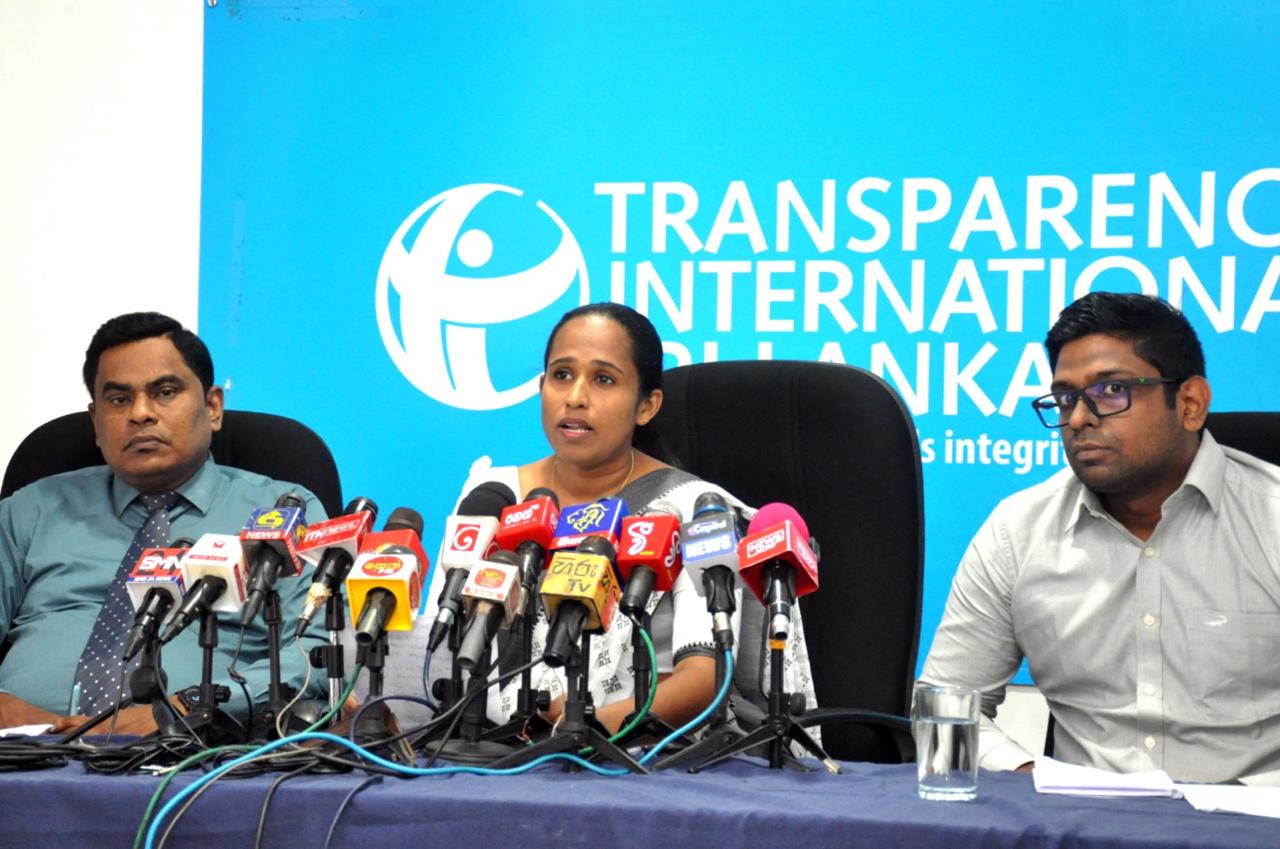





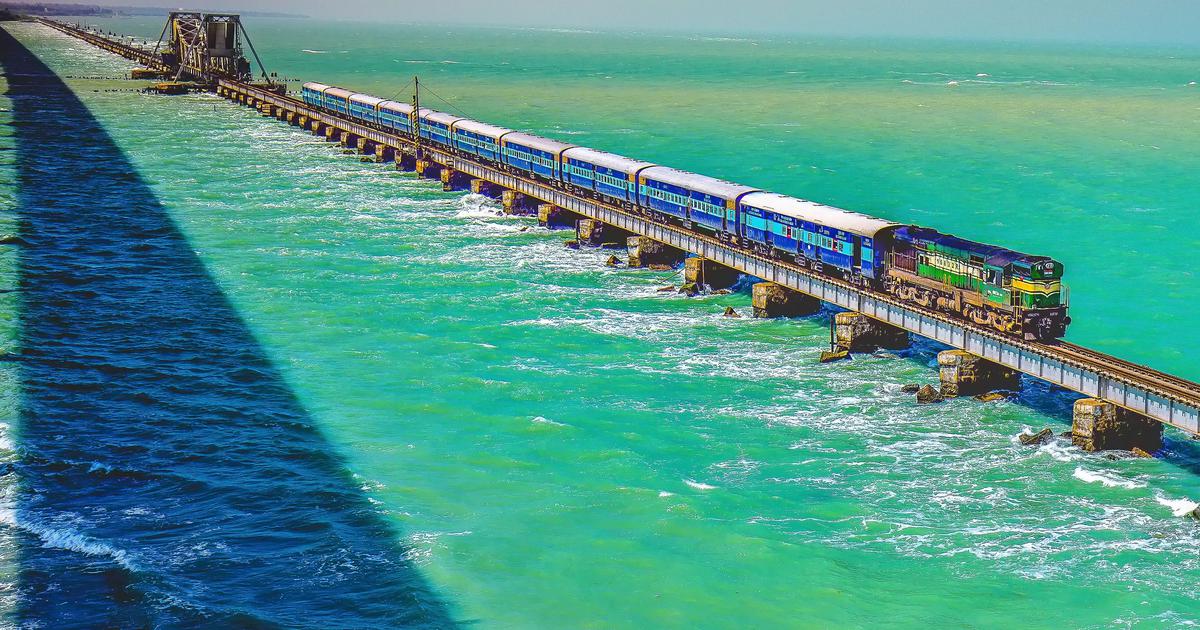

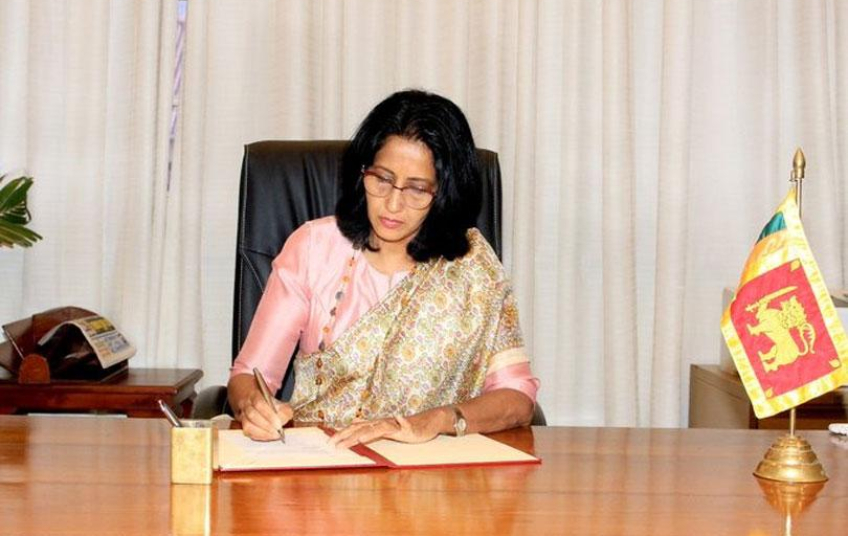

.JPG)

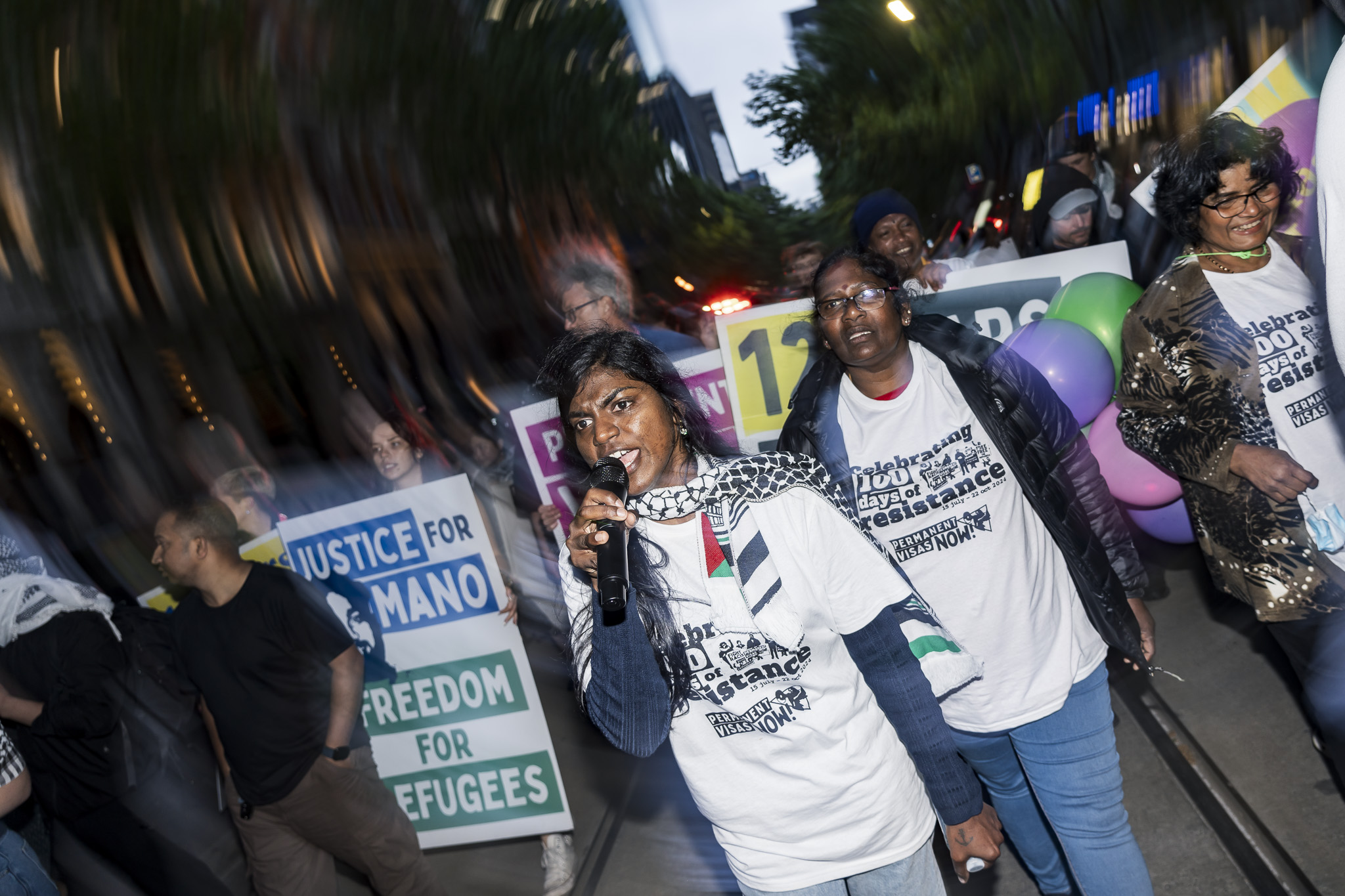
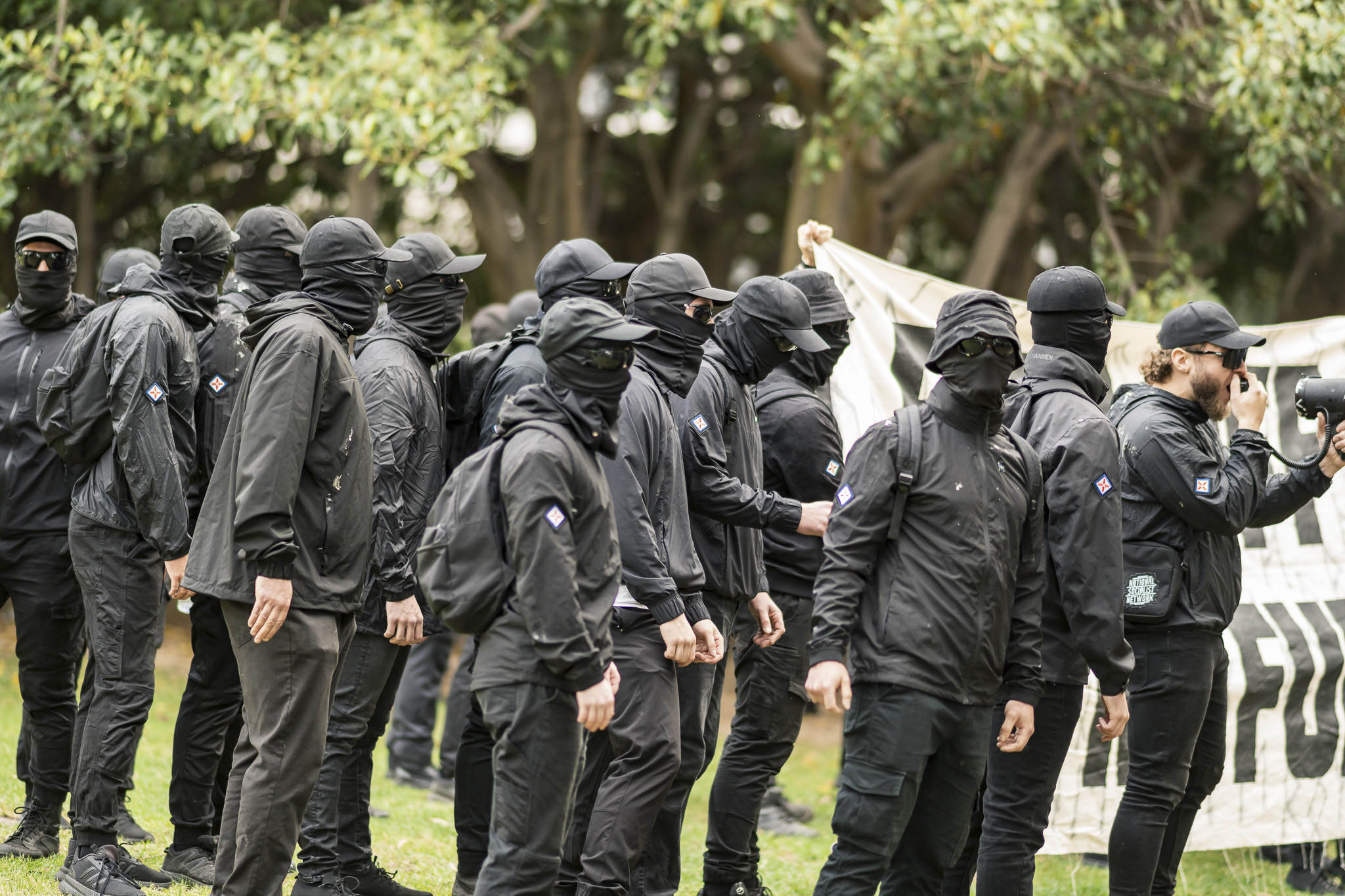
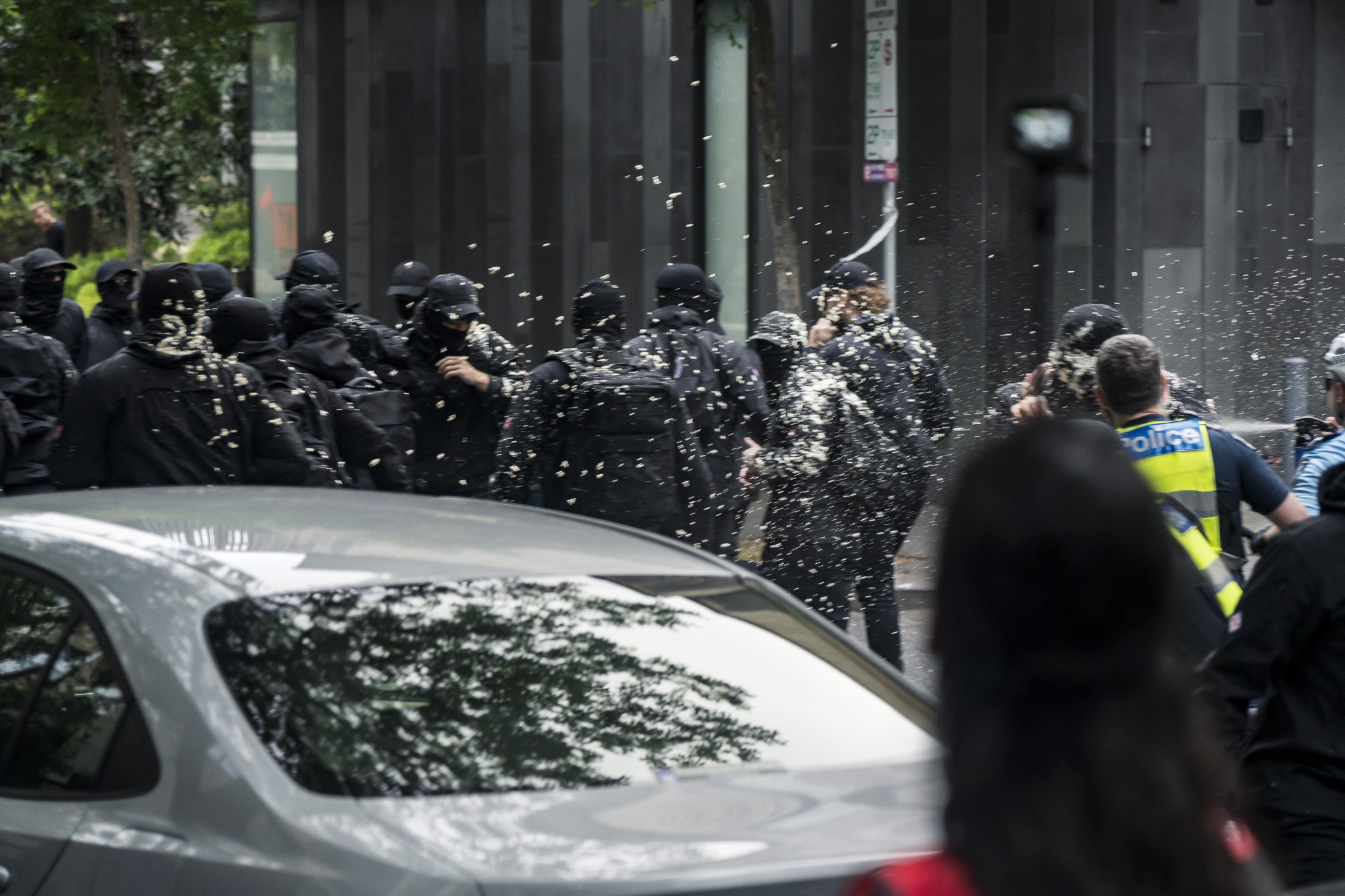
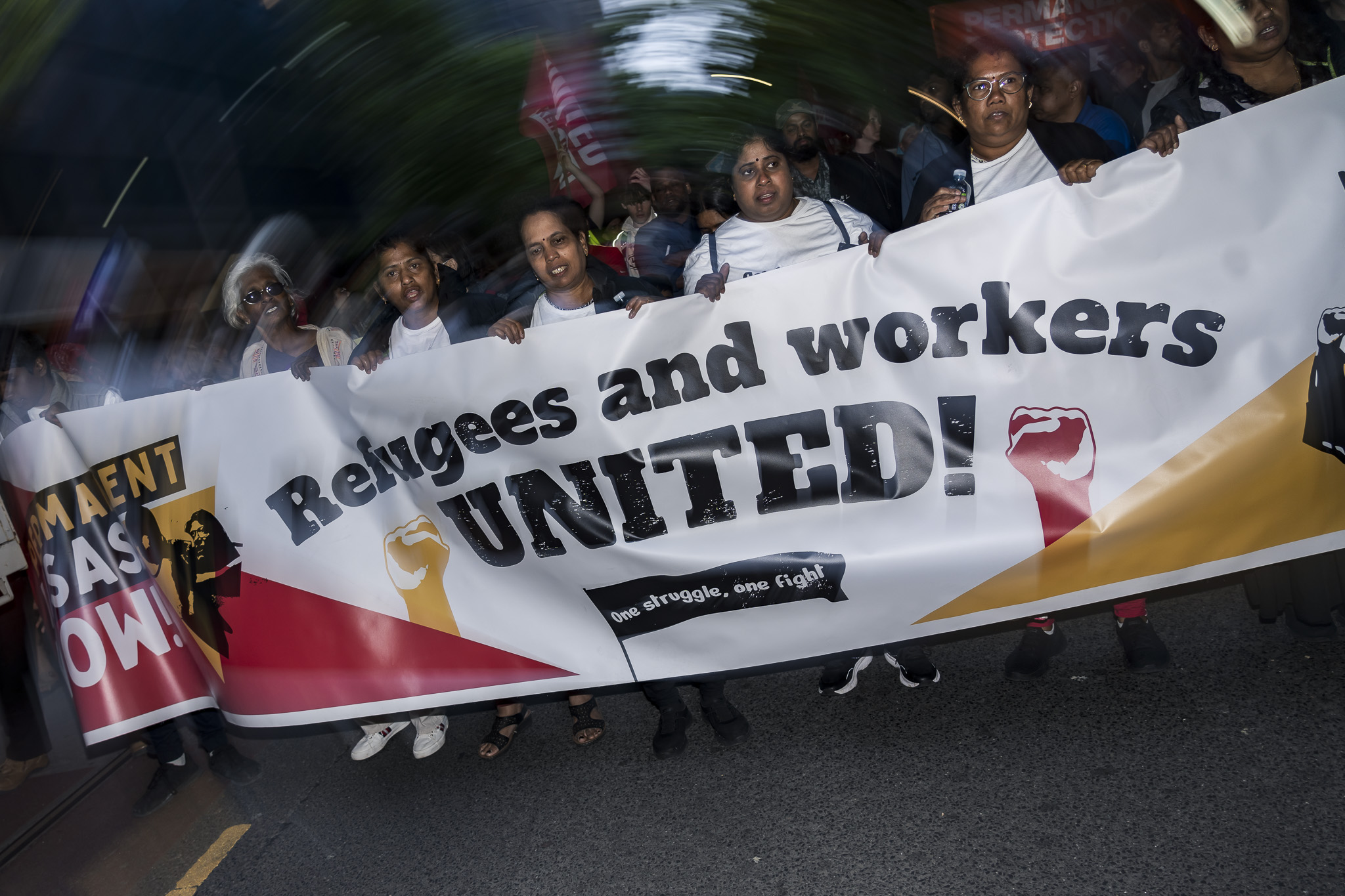
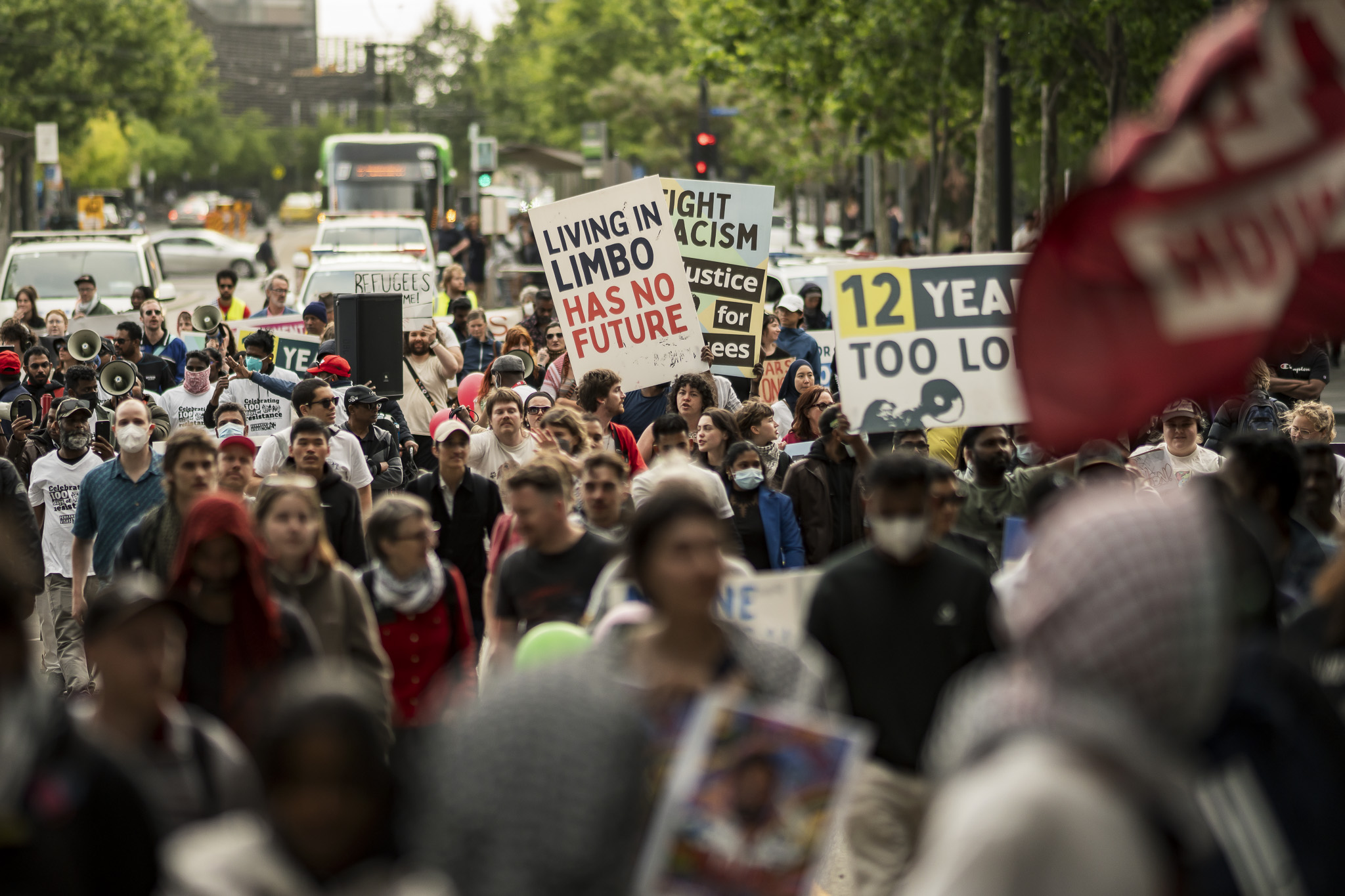
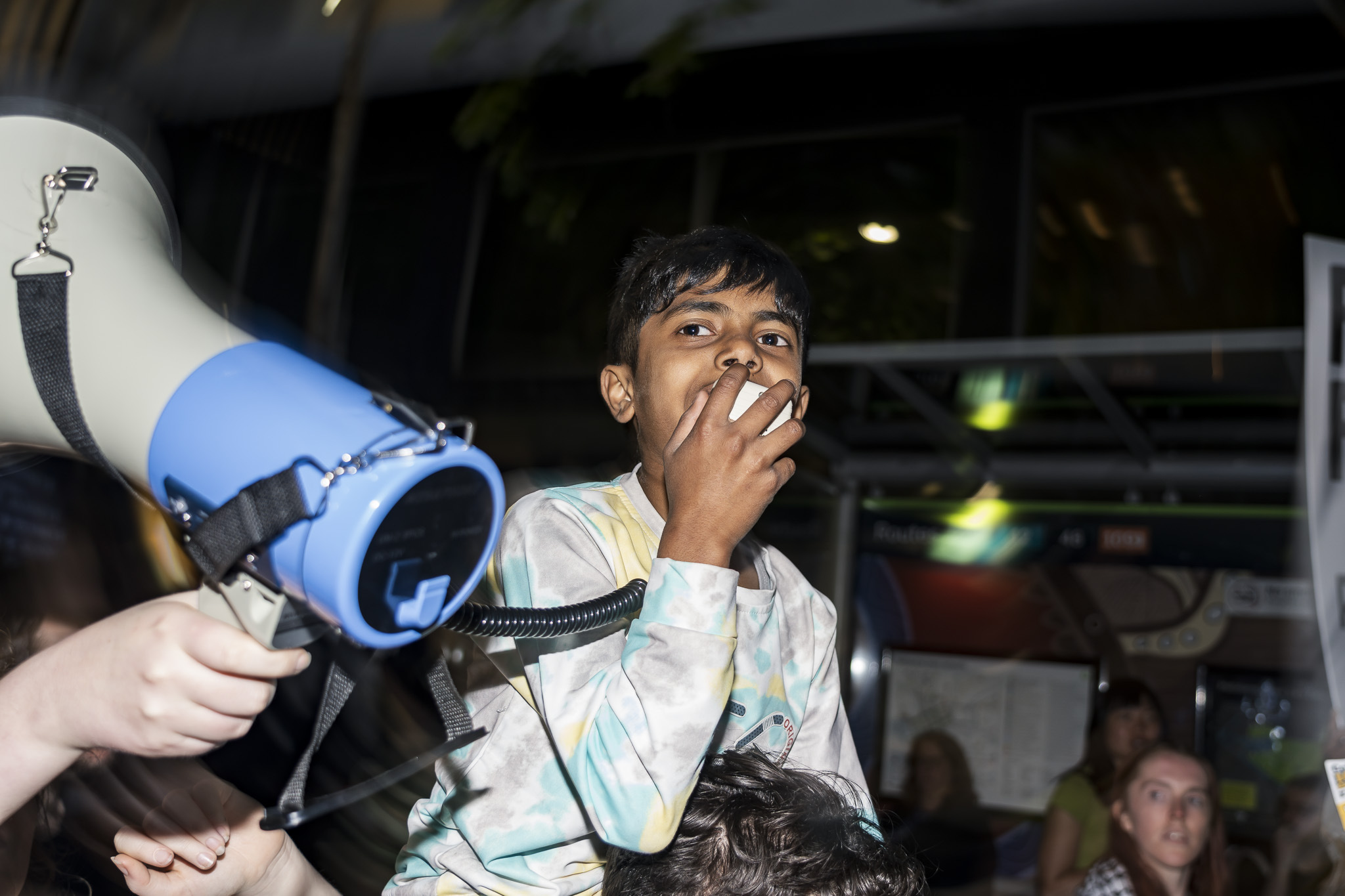
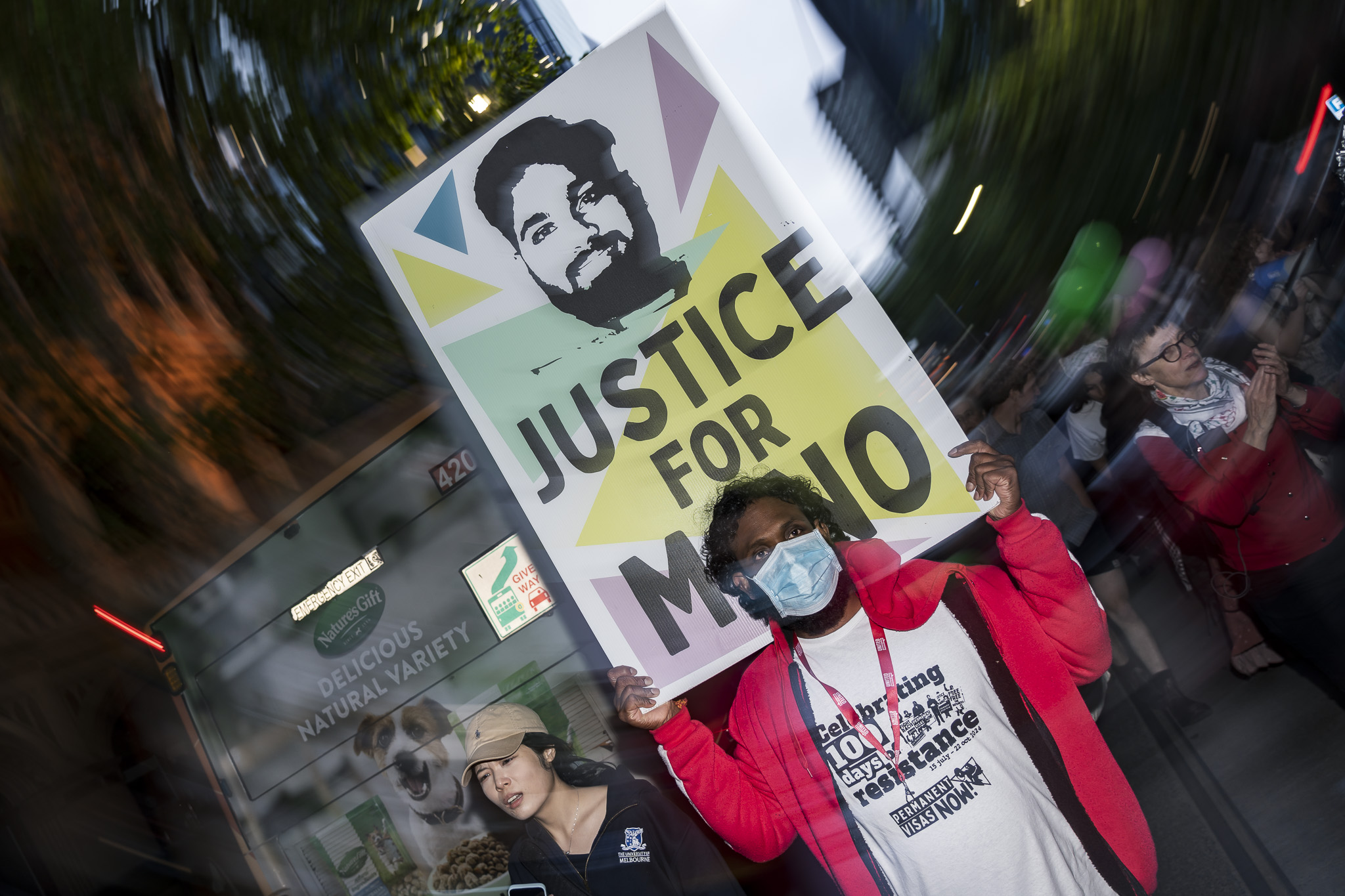
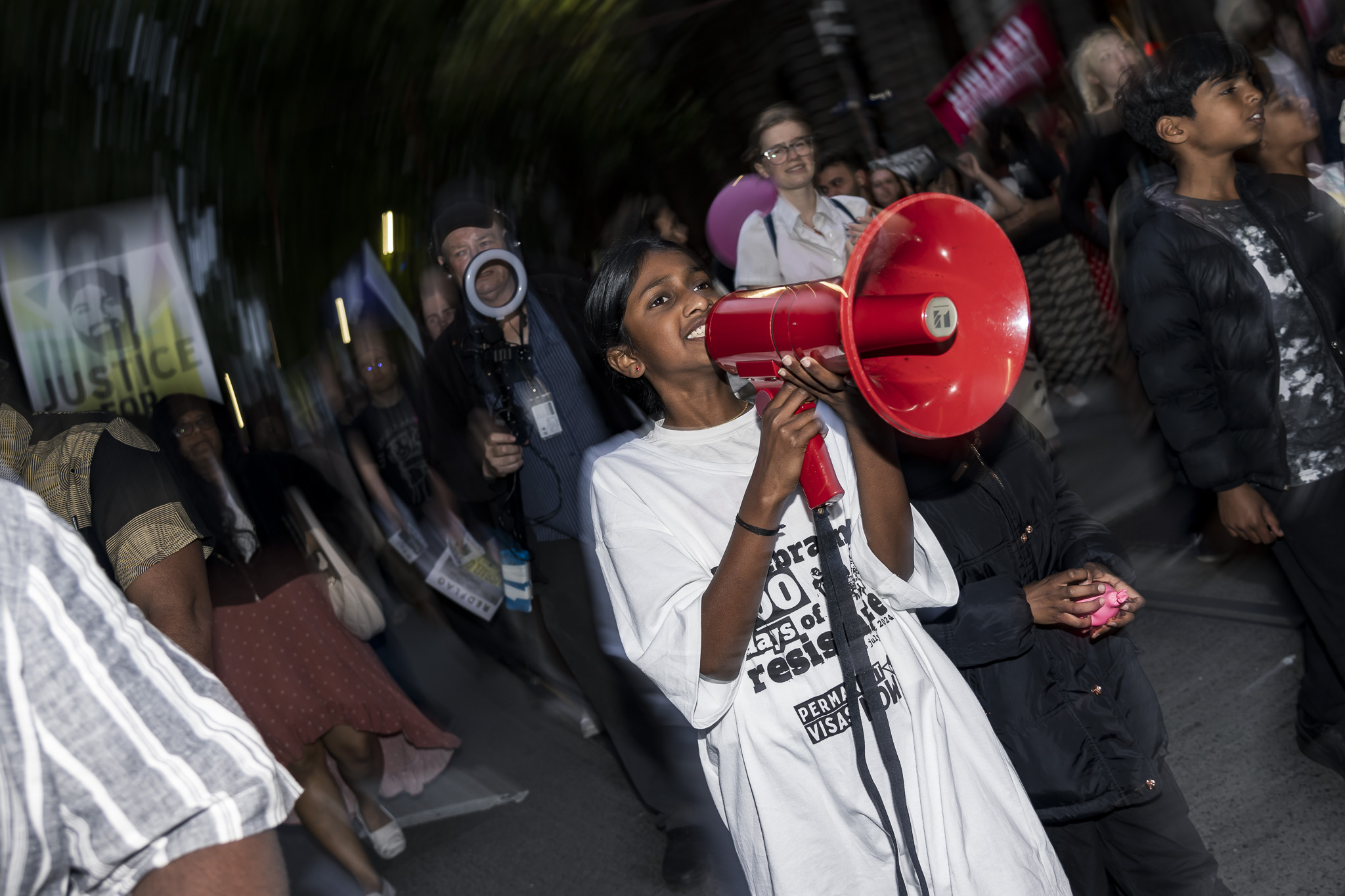
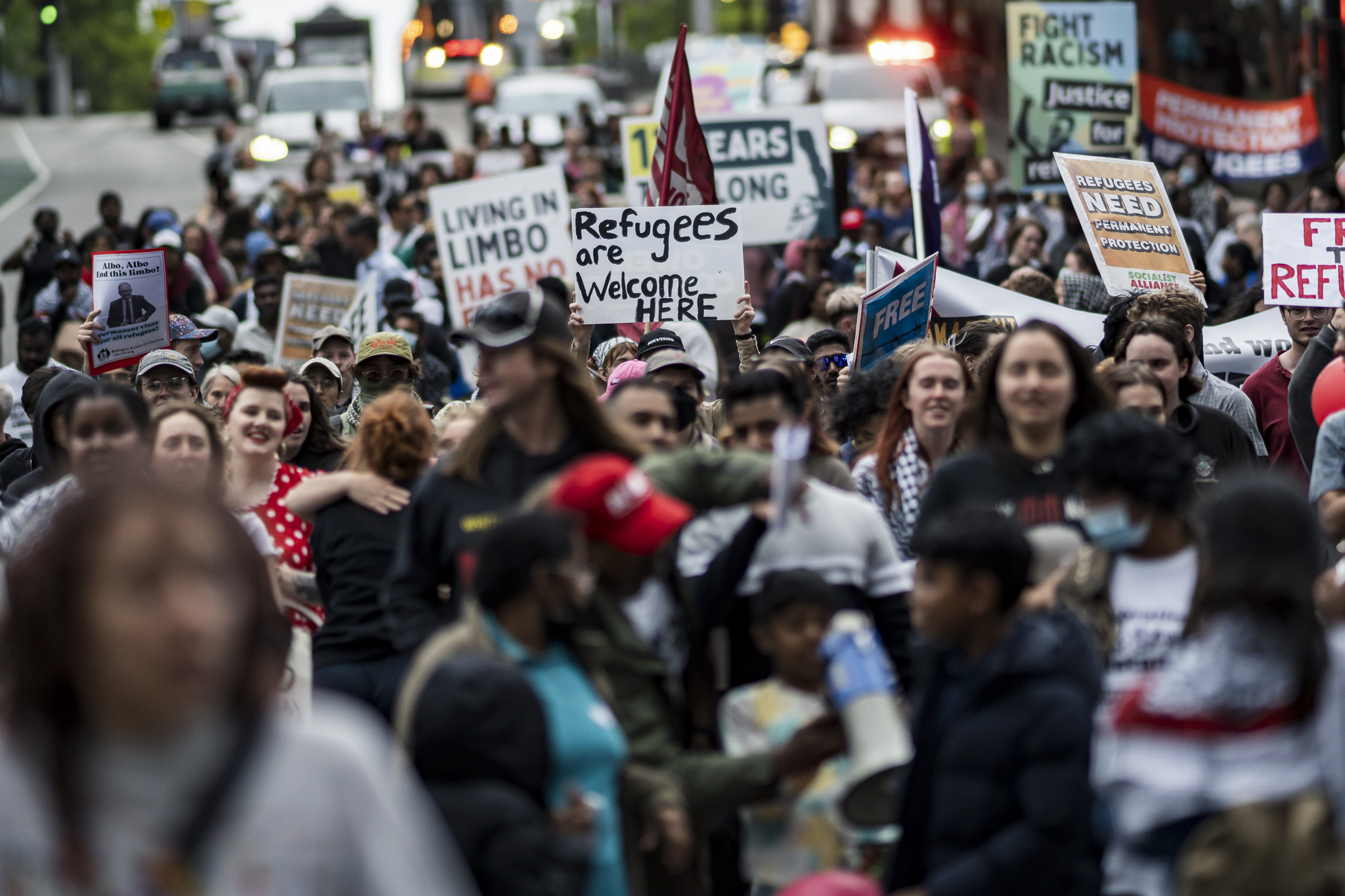
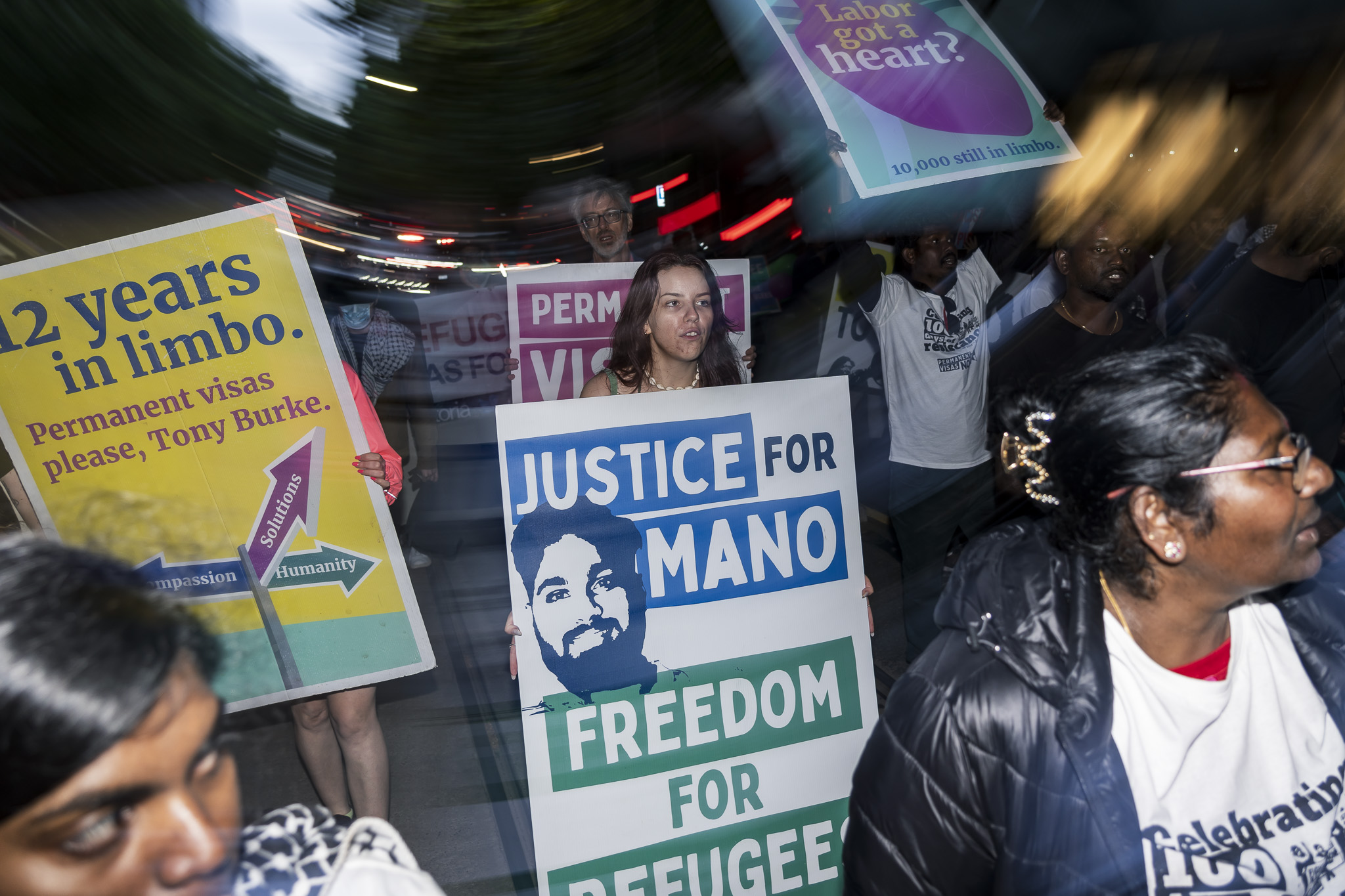
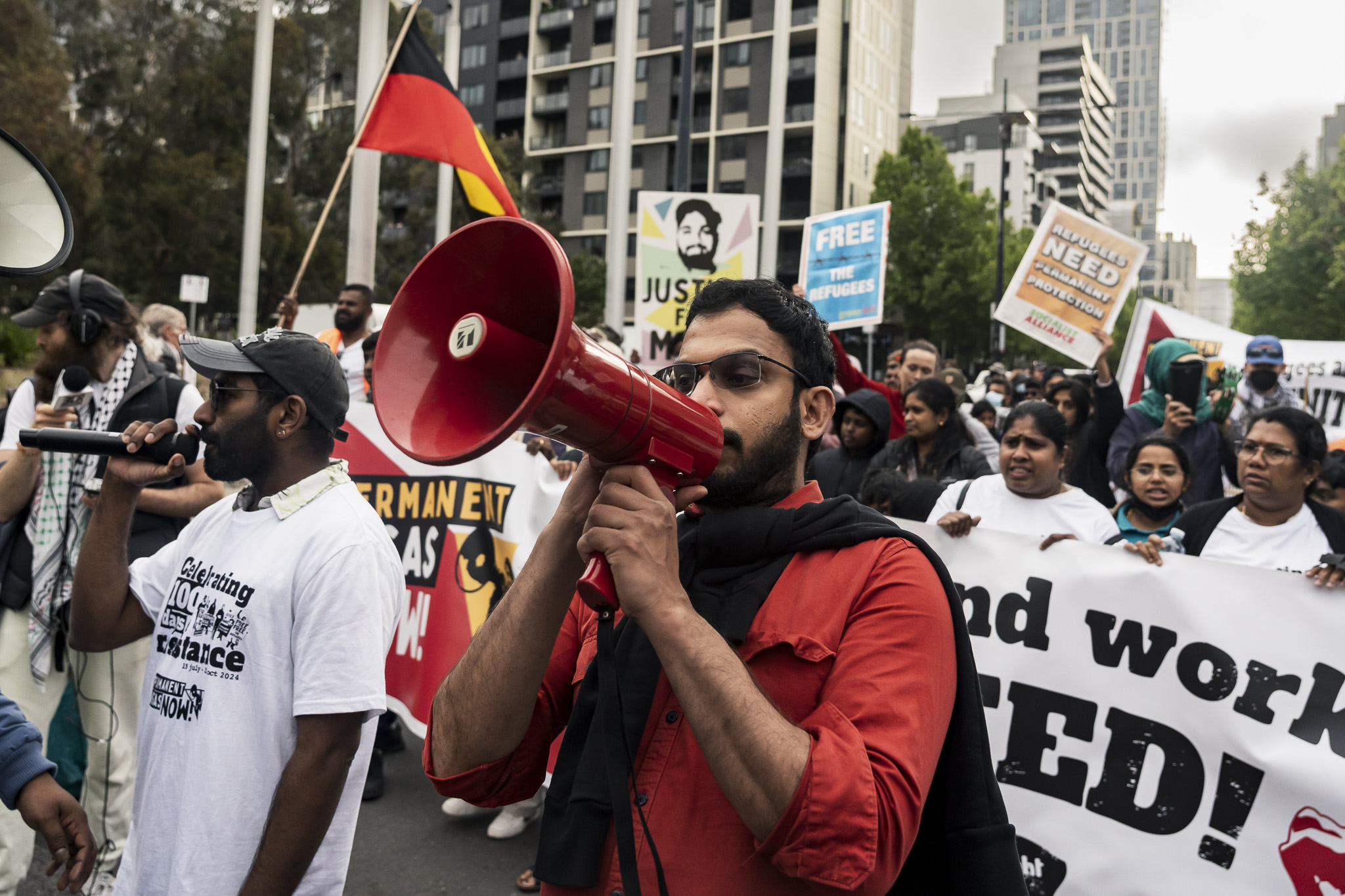

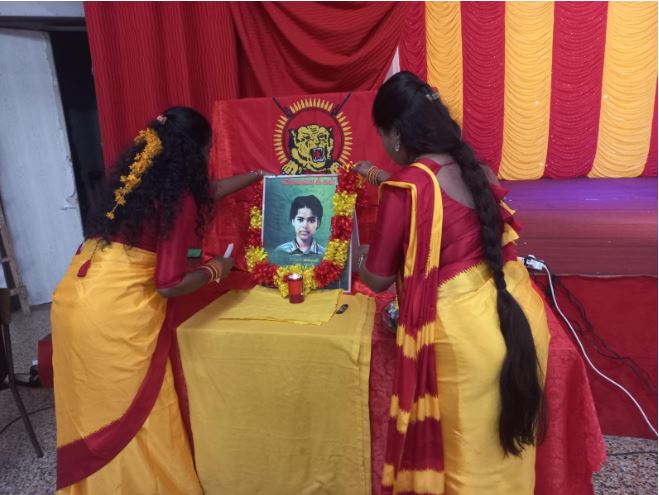

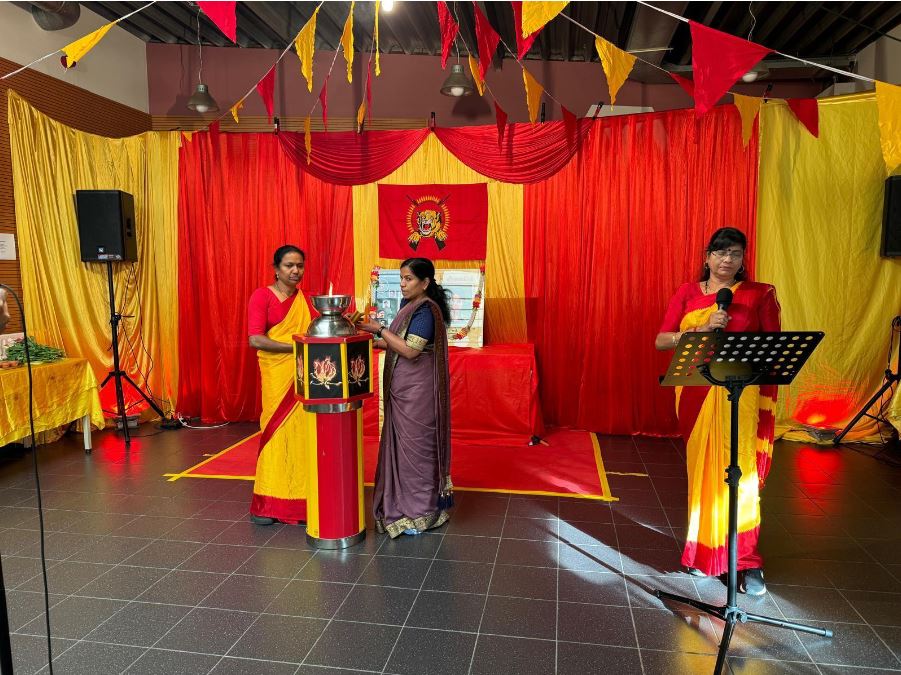


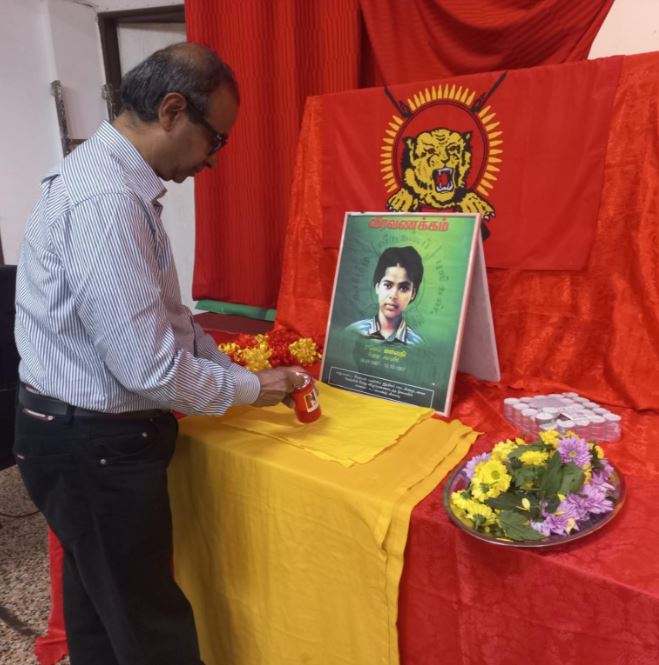
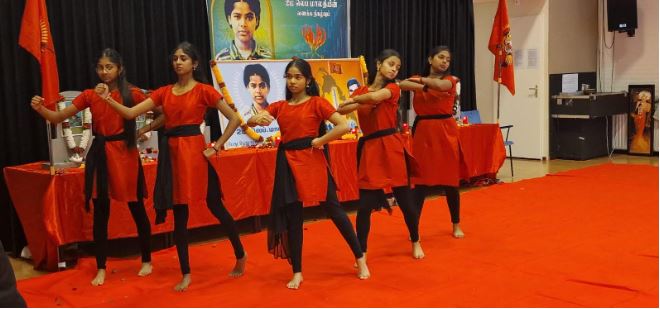
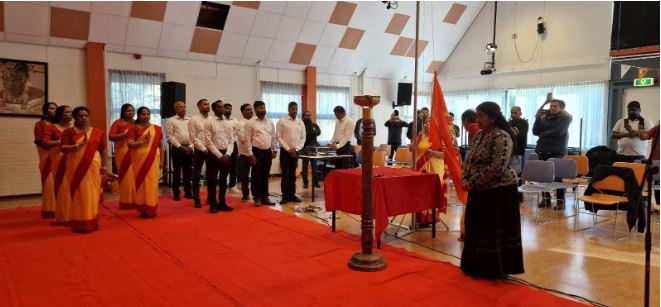
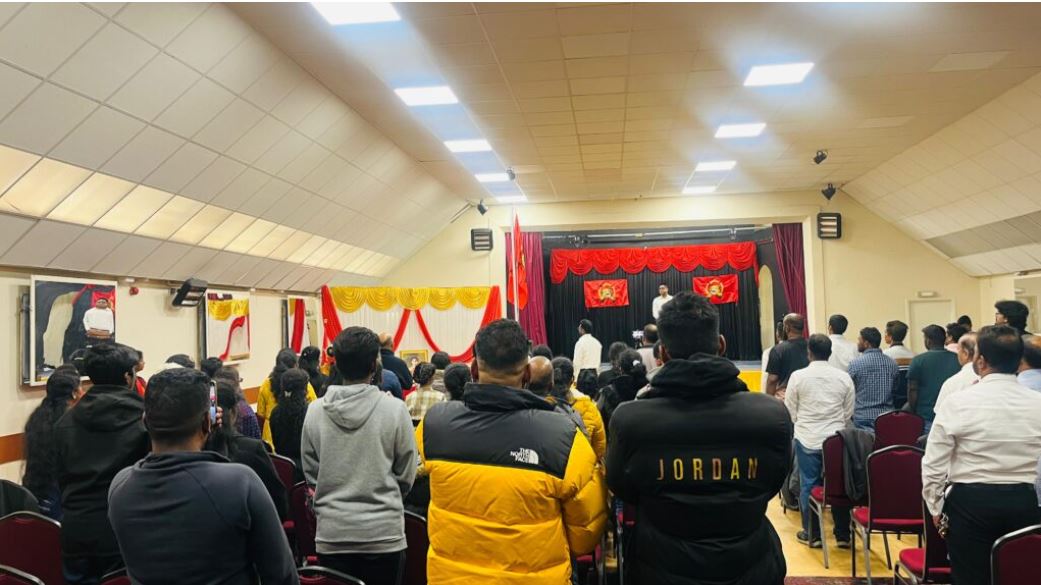
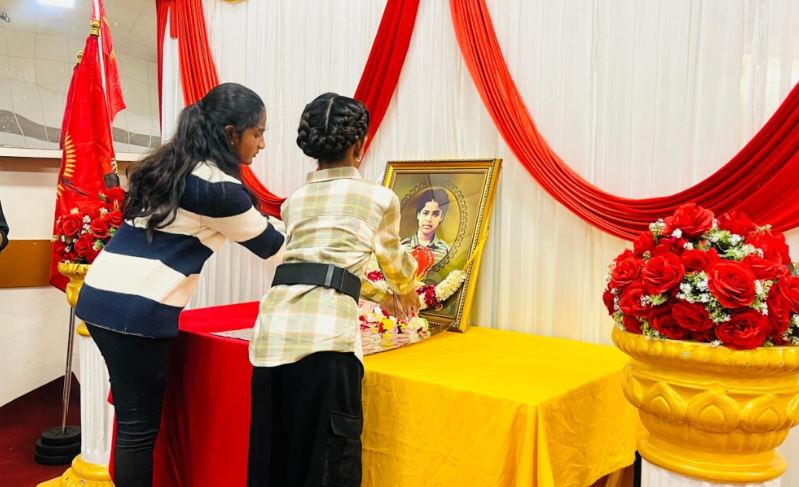




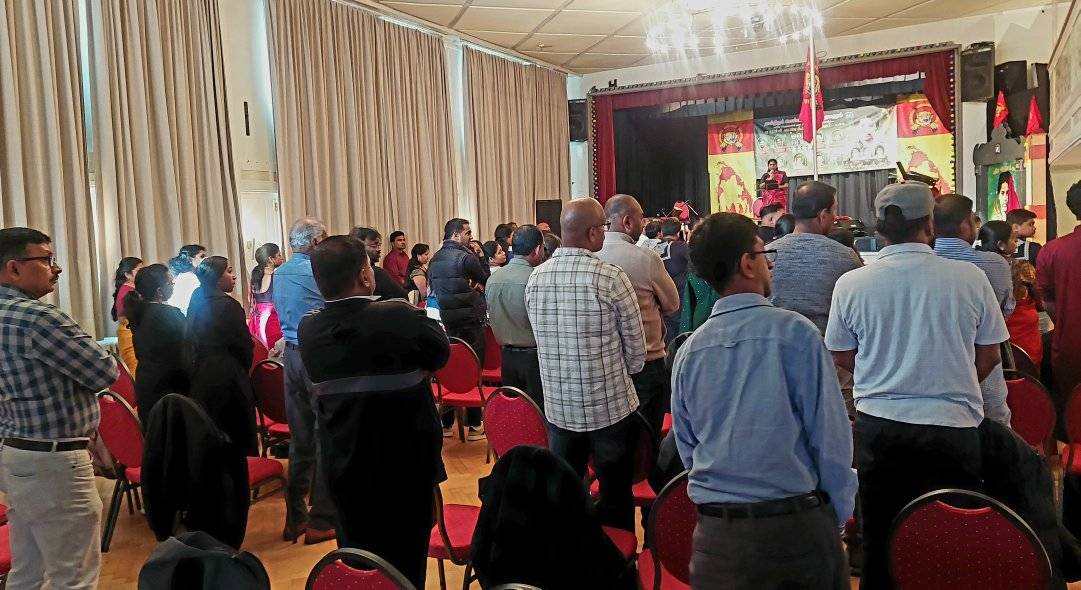

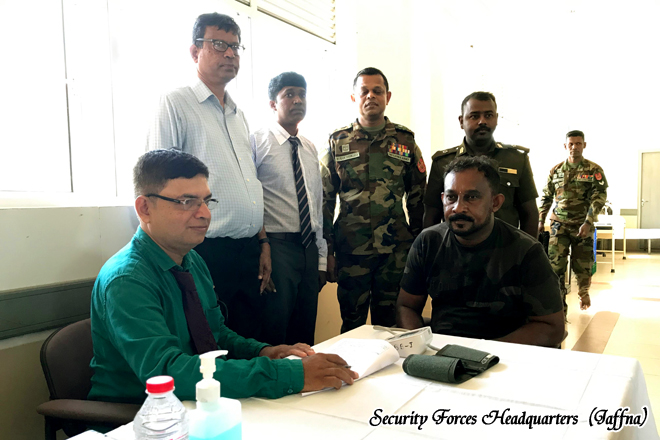


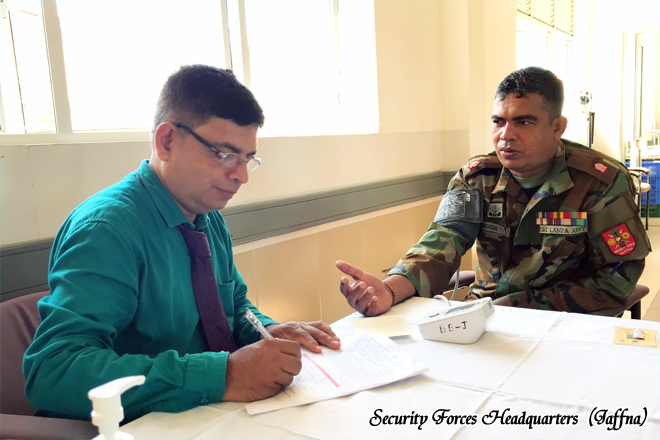
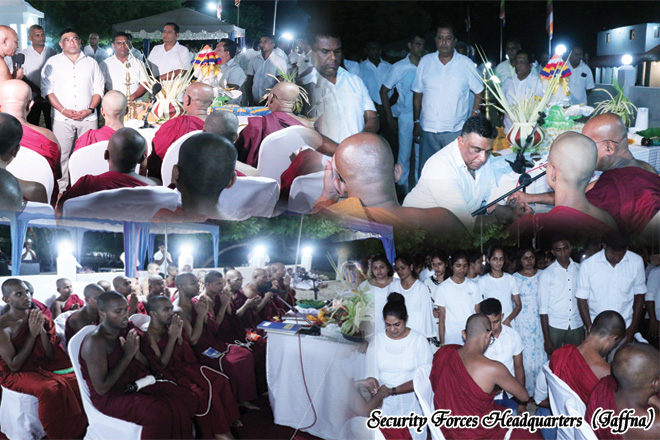
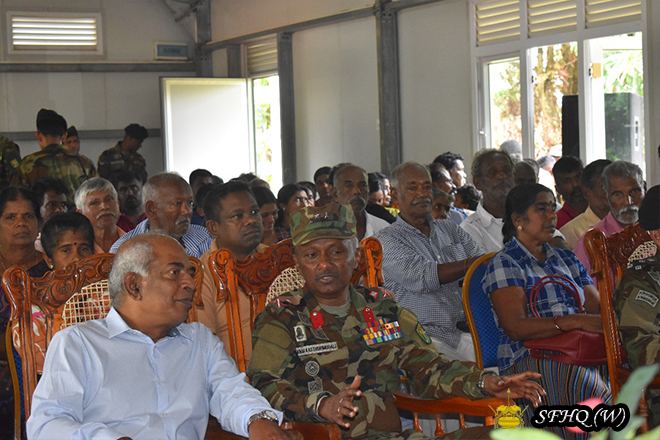
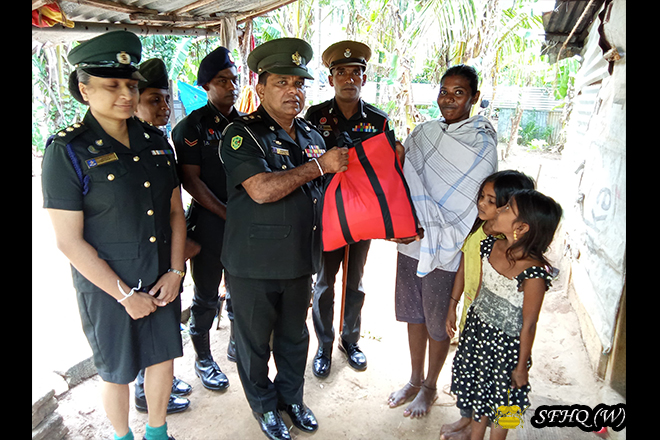
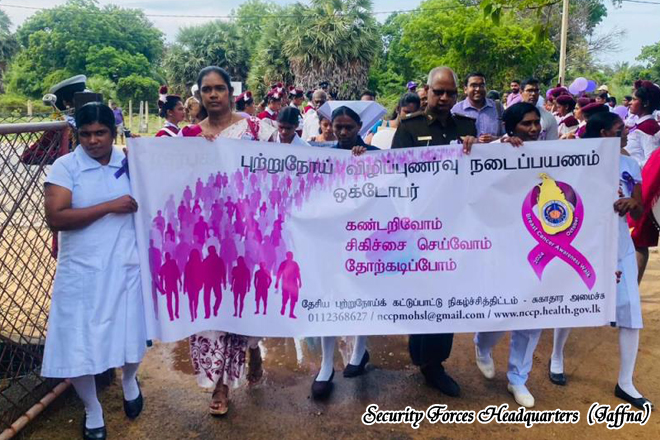

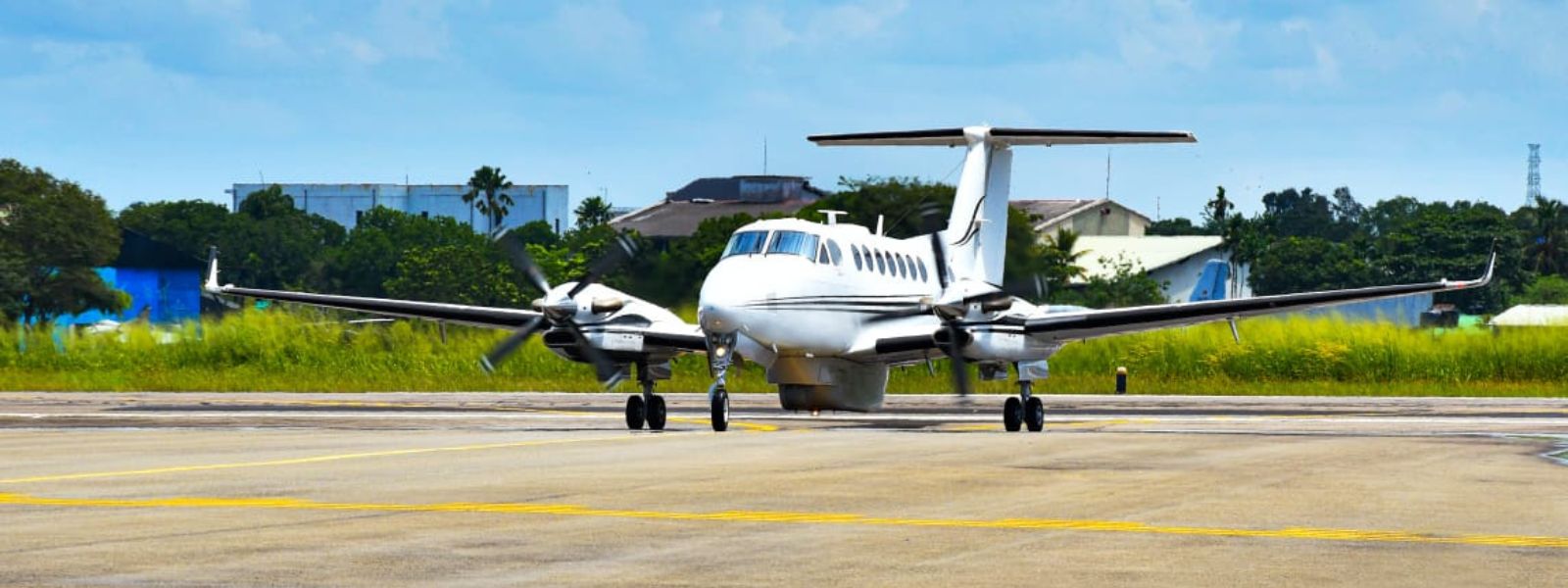

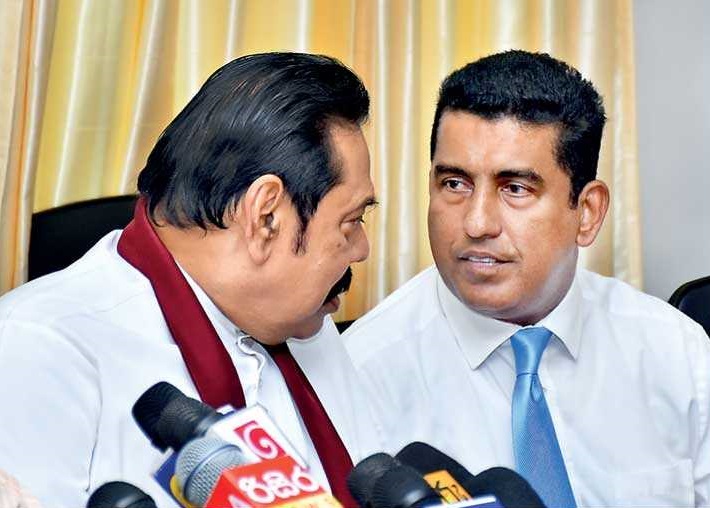

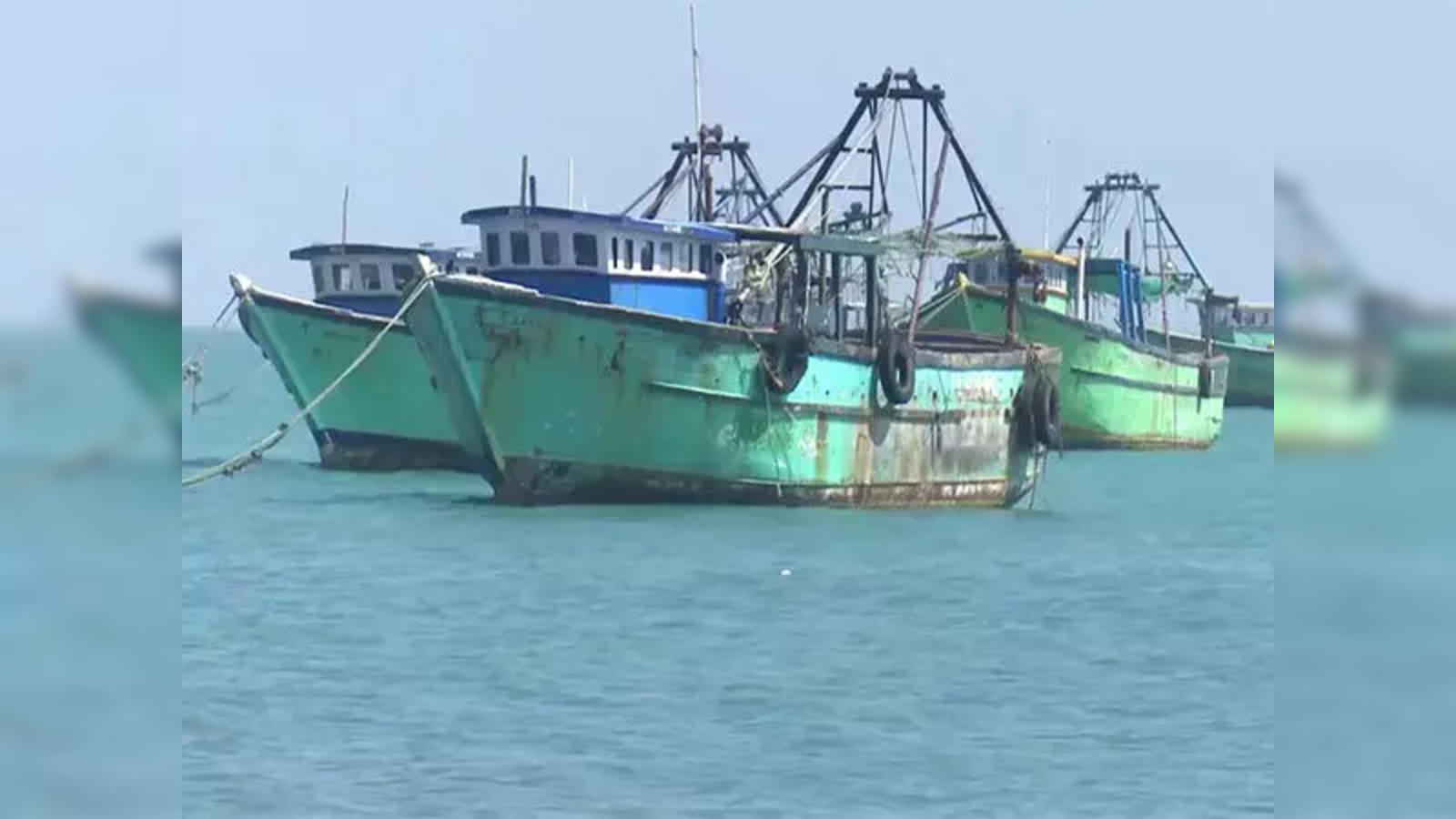
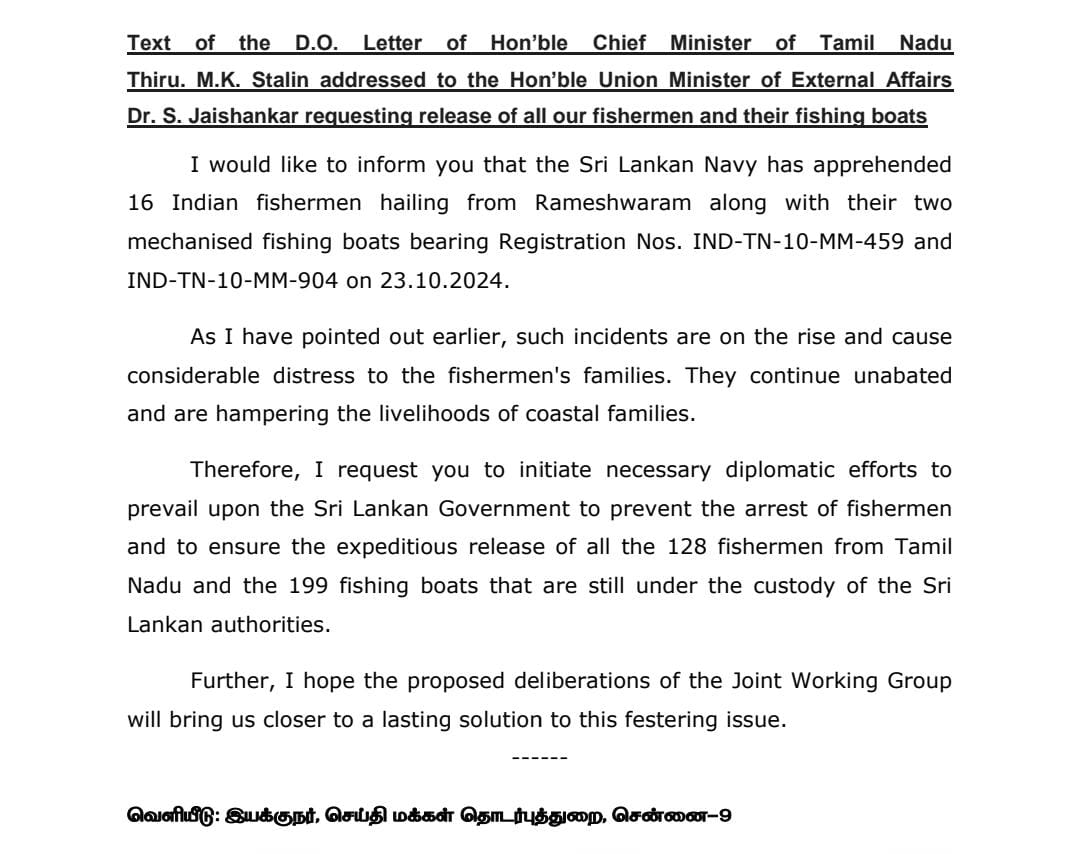

.jpg)
.jpg)
.jpg)
.jpg)

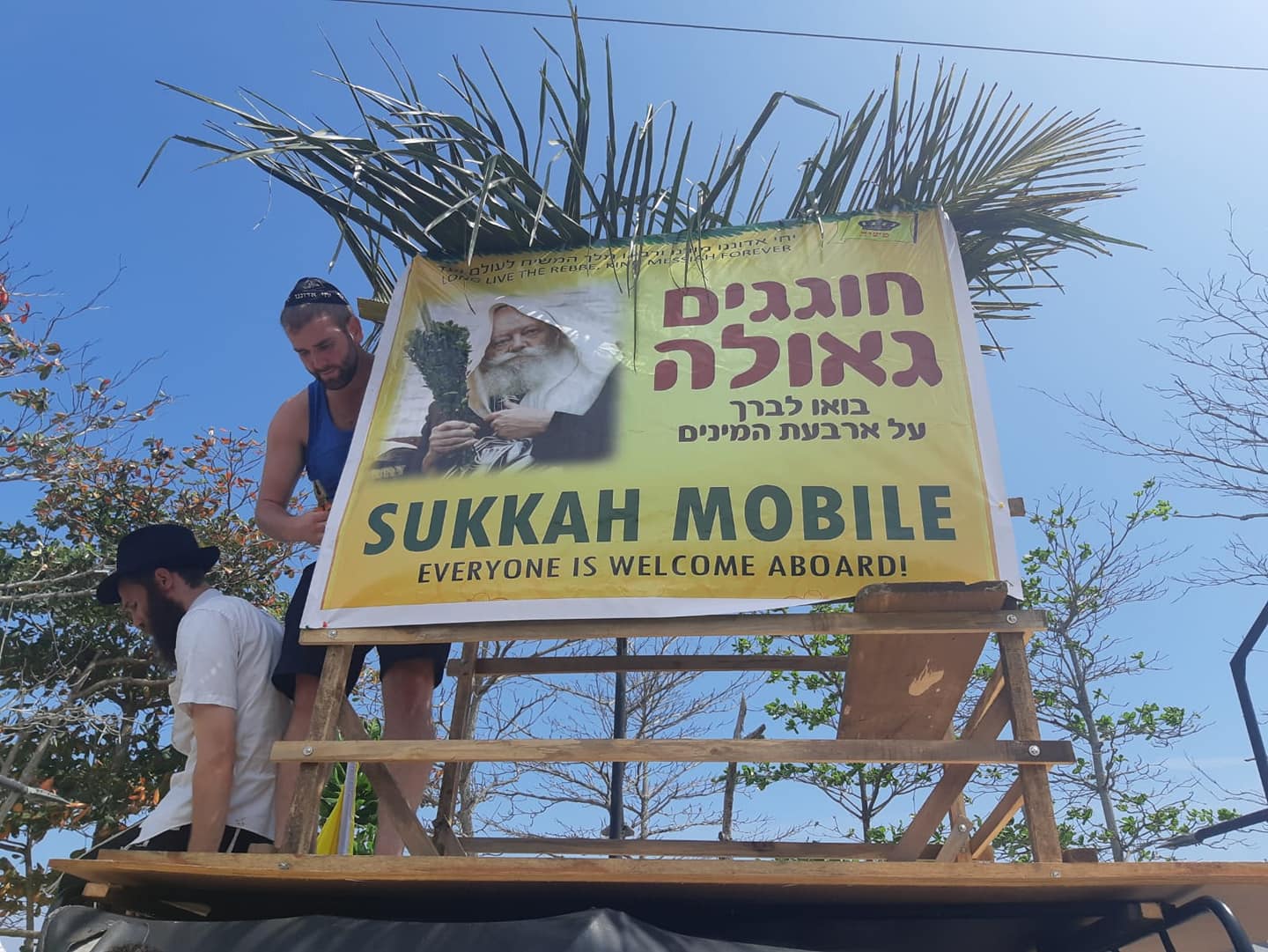
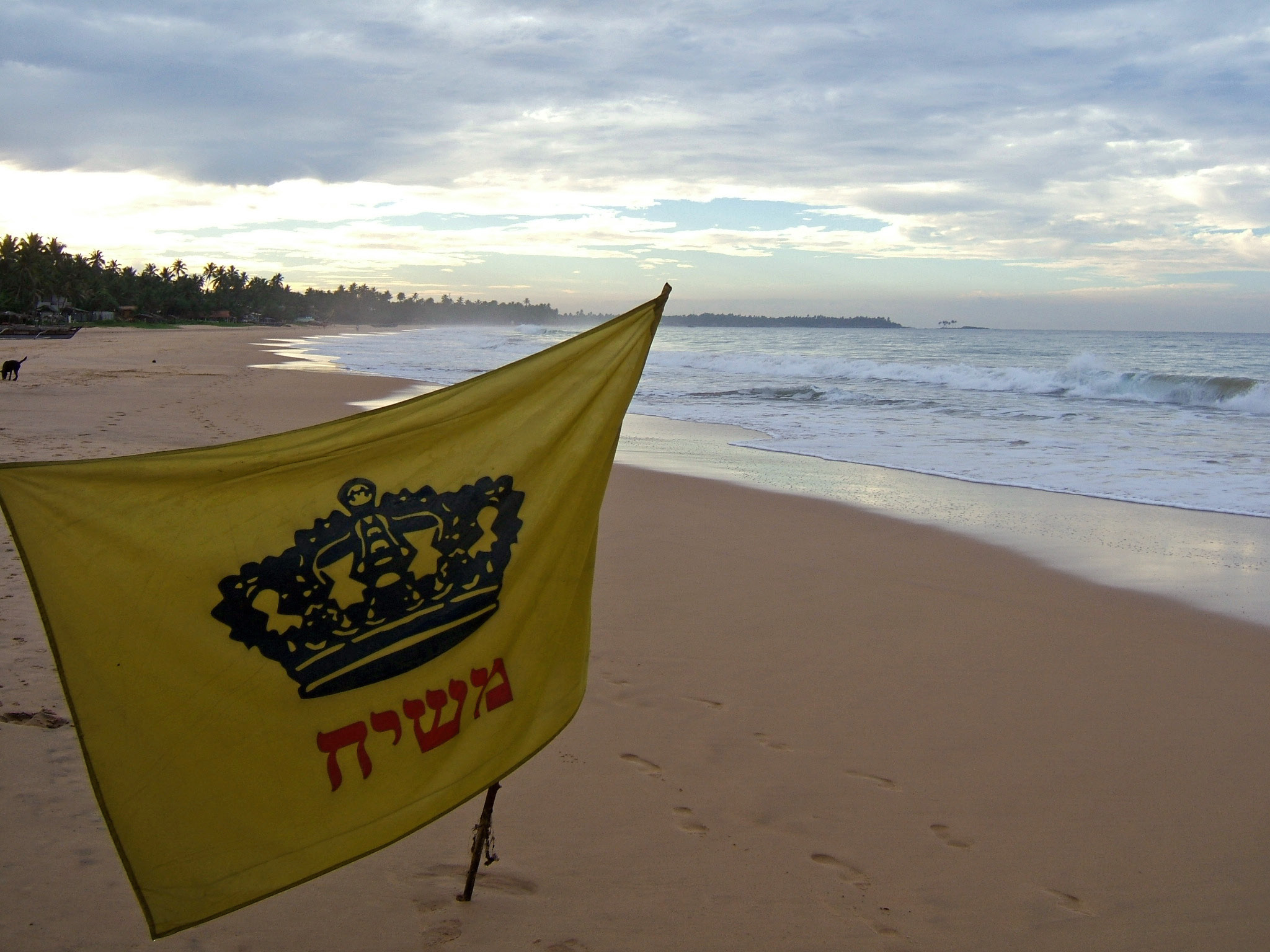
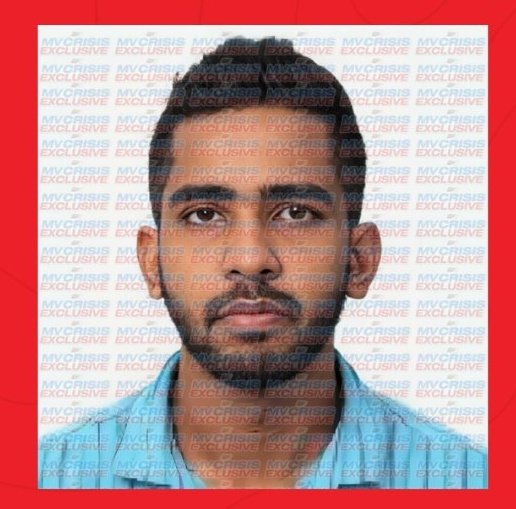

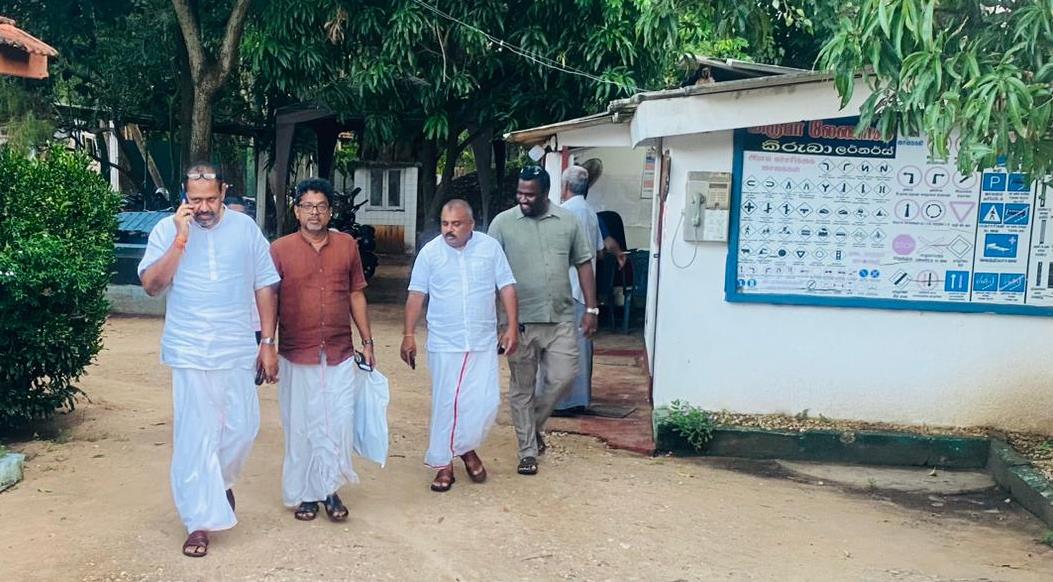
.jpg)
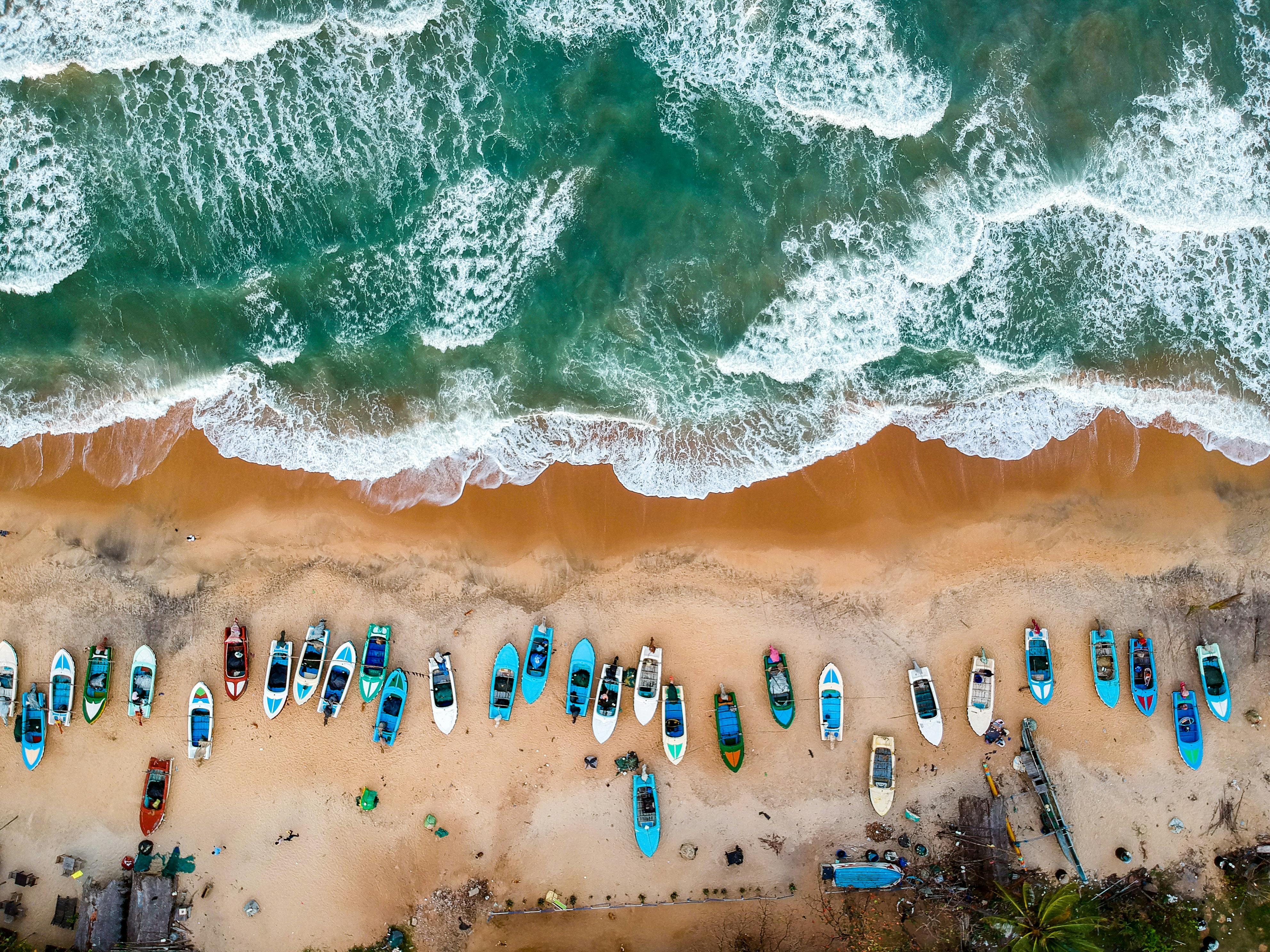
.JPG)
